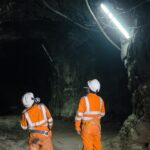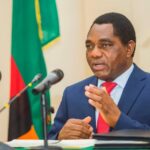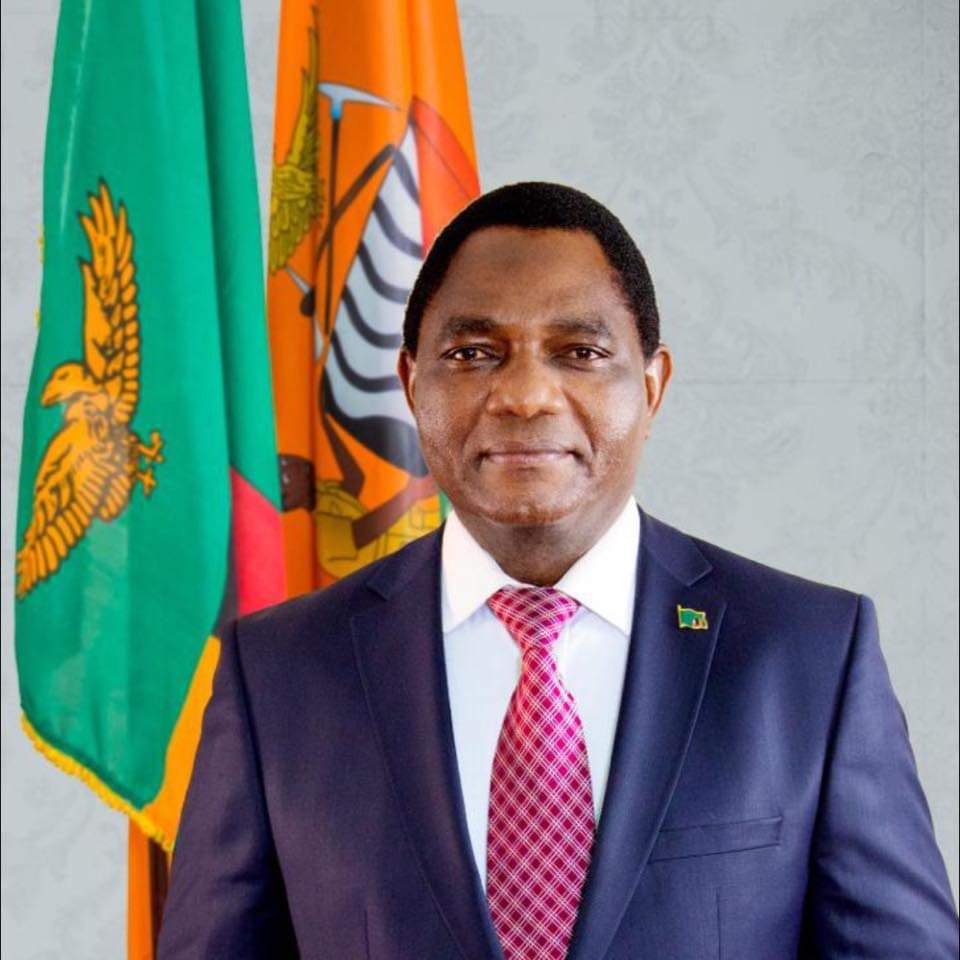Hakainde Hichilema, the current President of Zambia, is a prominent figure in the country’s political and business landscape. As a successful businessman and long-time opposition leader, his journey to the presidency is a compelling story of resilience and ambition. Here are 20 key things you should know about Hakainde Hichilema:
- Early Life: Hakainde Hichilema was born on June 4, 1962, in Monze, Zambia. His early life in a rural setting influenced his understanding of Zambia’s socio-economic challenges.
- Educational Background: Hichilema studied at the University of Zambia, where he earned a degree in Economics and Business Administration. He later pursued postgraduate studies at the University of Oxford, focusing on economics and development.
- Business Success: Before entering politics, Hichilema had a successful career in business. He was the founder of the financial advisory firm, Hichilema & Associates, and played a key role in various successful business ventures.
- Political Entry: Hichilema’s political career began in the early 2000s when he joined the United Party for National Development (UPND), a party he later led as president.
- Opposition Leader: As the leader of the UPND, Hichilema became a prominent opposition figure, challenging the ruling parties and advocating for political and economic reforms.
- Presidential Runs: Hichilema ran for the presidency multiple times before his victory. He contested in the 2006, 2008, 2011, 2015, and 2016 elections, each time building his profile and political platform.
- Election Victory: In August 2021, Hichilema won the presidential election, defeating the incumbent President Edgar Lungu. His victory marked a significant shift in Zambian politics.
- Economic Reforms: Hichilema’s presidency has focused on economic reforms aimed at stabilizing Zambia’s economy, addressing debt issues, and promoting investment and job creation.
- Anti-Corruption Stance: He has made fighting corruption a central theme of his administration, promising to address systemic corruption and improve transparency in government.
- Healthcare Improvements: Hichilema’s government is working to improve Zambia’s healthcare system, focusing on increasing access to medical services and addressing public health challenges.
- Education Initiatives: His administration is committed to enhancing the education sector, with initiatives aimed at improving infrastructure, quality of education, and access to schooling.
- Infrastructure Development: Hichilema is prioritizing infrastructure development, including roads, energy, and transportation projects to boost economic growth and connectivity.
- Foreign Policy: His presidency is marked by efforts to strengthen international relations, balancing ties with traditional partners and exploring new diplomatic and economic opportunities.
- Public Engagement: Hichilema is known for his engagement with the public and civil society, often using social media to communicate directly with Zambians and address their concerns.
- Media Relations: Hichilema’s approach to media relations has been generally positive, with a focus on transparency and open communication.
- Debt Management: Addressing Zambia’s significant national debt is a key priority for Hichilema. His administration is working on strategies to manage and reduce the country’s debt burden.
- Social Policies: His government is implementing various social policies aimed at reducing poverty, improving living standards, and supporting vulnerable populations.
- Environmental Concerns: Hichilema’s presidency is also focused on environmental issues, including sustainable development and the protection of natural resources.
- Public Perception: Hichilema is seen as a reformist leader with a vision for modernizing Zambia’s economy and governance. His presidency is closely watched by both domestic and international observers.
- Future Challenges: As he continues his term, Hichilema faces ongoing challenges, including economic recovery, political stability, and addressing the needs of a diverse and dynamic nation.
Hakainde Hichilema’s rise to the presidency represents a significant moment in Zambia’s history. His background in business and his long tenure as an opposition leader have shaped his approach to governance. His presidency is marked by efforts to implement economic reforms, fight corruption, and improve social services. Understanding his leadership and the challenges he faces provides insight into the future direction of Zambia and its political landscape.






